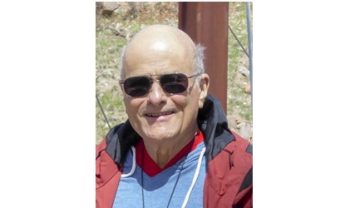
“One facility used the term “provider-hastened death” and stated that it encompasses euthanasia.”

“One facility used the term “provider-hastened death” and stated that it encompasses euthanasia.”

“There should be a JLMA form: Just Leave Me Alone, for those of us who concede that we’re actually going to die some day and work to keep our end-times as inexpensive and comfortable as possible.”

“What is fundamentally the difference between a doctor pulling a plug on a machine that provides lifesaving nutrients to a person that could potentially stay ‘alive’ on it for years, and a doctor prescribing pills to a person with mere days or months to live to end their unnecessary suffering?”

“Why would an anti-MAiD activist try to force a patient about whom they know nothing, to live by the activist’s personal values rather than the patient’s own?”

It’s time that we revise and refine our cultural lexicon around this emergent end-of-life practice. A medically assisted death definitively warrants a linguistic and conceptual category of its own.

Final Exit Network’s blog has had over 105,000 views since its inception.

The lawsuit does not attack the right of patients to access medical aid in dying, which is the heart of the bill. Rather, it challenges provisions of the law that require providers to inform patients of the availability of medical aid in dying, and to refer those patients to a willing provider if the patient’s primary provider is unable or is unwilling for any reason.

“They made the end of his life horrible and painful and humiliating,” Elaine Greenberg said. “What’s the sense of having a living will if it’s not honored?”

Unconscious, Michael lingered for hours. His waiting children had no one to call for advice, but Michael had left instructions for this eventuality. Sobbing, his son Bill lovingly carried out his father’s wishes.

She wanted to go out on a high note, and from her point of view, she did. But for her many friends, that note was exceedingly sour. Should we blame her? Maybe.